COLLECTABLE STORIES: IT AIN´T WHERE YOU'RE FROM
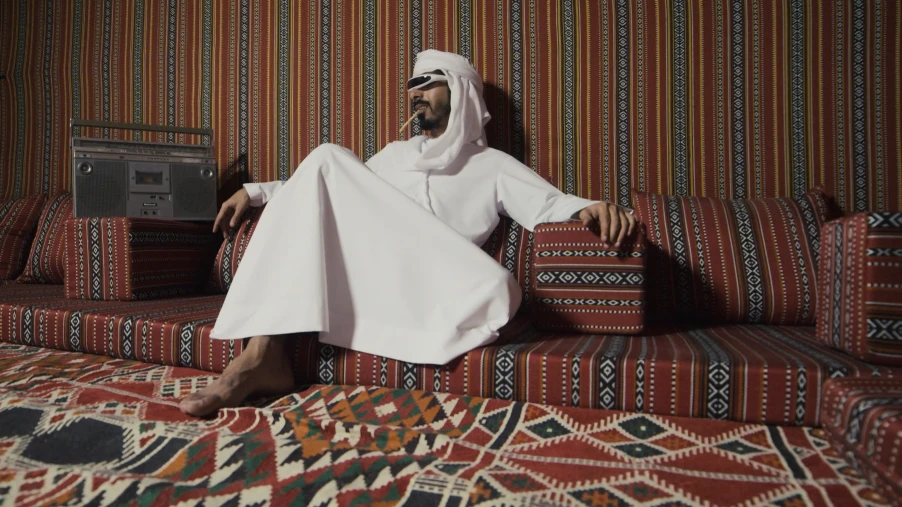
IT AIN´T WHERE YOU'RE FROM
Short Talk with Philip Jamal Rachid (Director)
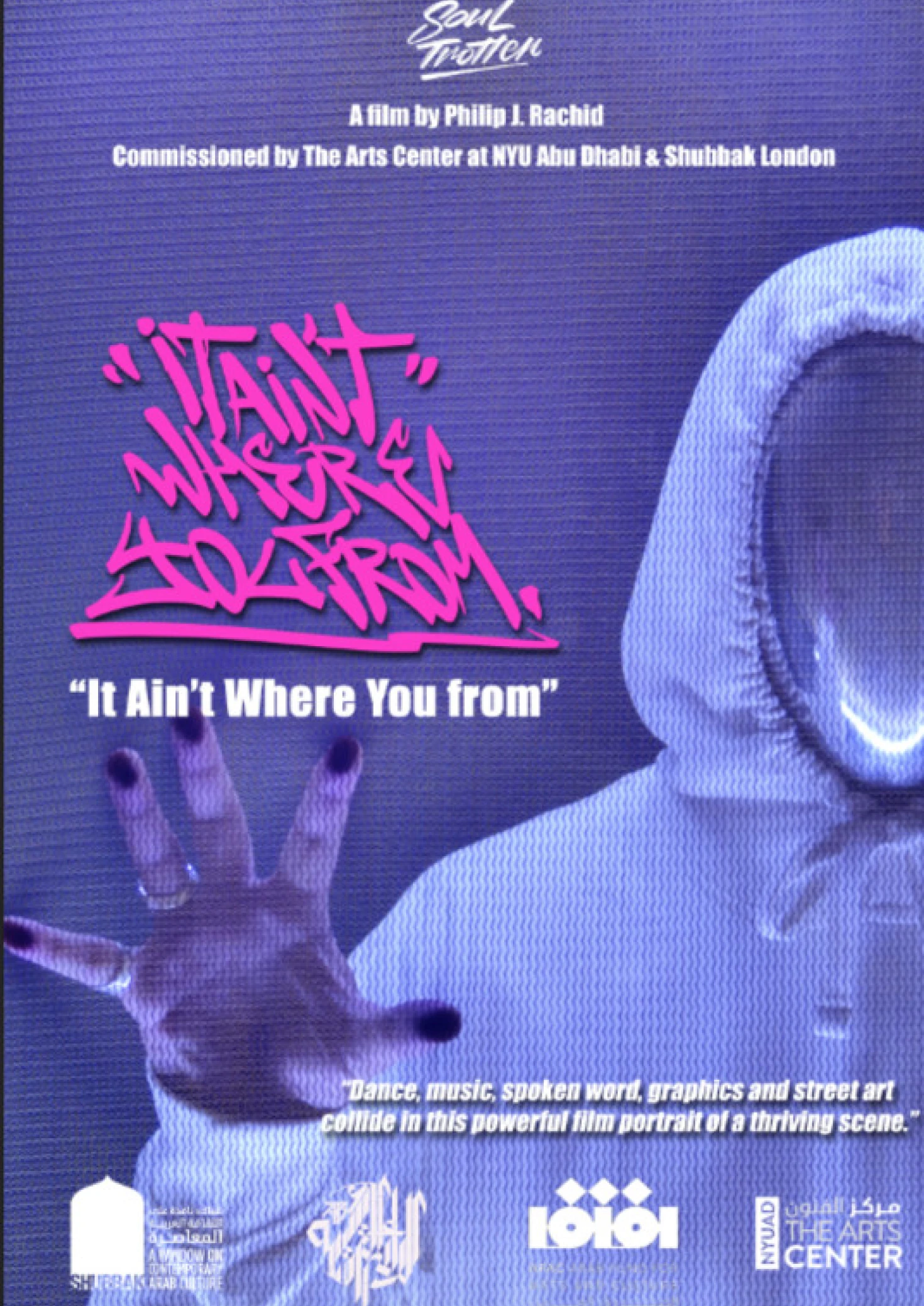
BEST MID-LENGHT FILM Category
22nd IN THE PALACE International Short Film Festival 2025
United Arab Emirates, Fiction, Arabic, Bulgarian, English, Kurdish, 00:50:00, 2023
Synopsis: What do you do when you grow up without a family or a homeland, with a different vibe and a different tribe? You have to create your own path! Dance, music, spoken word, graphics and street art collide in this powerful film portrait of a thriving scene. Imbued with saturated colours, stylish fashion and backed by a pulsating soundtrack. Each artist has a personal history, each is struggling to find their way. We get to know what it takes to follow their passions.
Biography: Soultrotter Films is founded by Philip Jamal Rachid an (Iraqi-Kurdish / Bulgarian) internationally awarded writer & director who began his film and television career as a reputable actor in1997 in the Netherlands. His short films received critical acclaim and won over a dozen awards. His edgy and dynamic style that pushes traditional boundaries of genre and humanitarian themes are distinguishable hallmarks of Philip’s mastery of visual storytelling.
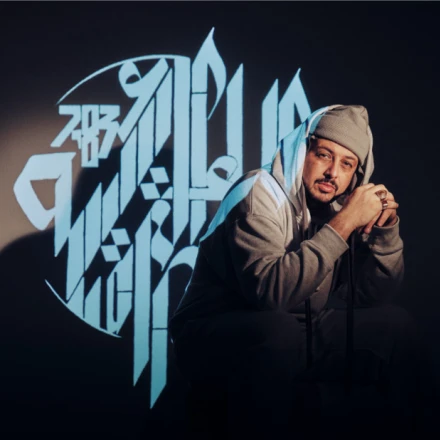 Philip Rachid, director
Philip Rachid, director
Petar Penev: The film achieves a balance between and the universal. What approach did you take to achieve it?
Philip Rachid: To strike that balance, I started by grounding everything in truth—my truth, but also the emotional truth of the characters and the world they inhabit. I believe the more specific you get, the more universal it becomes, so I didn’t shy away from raw details. Identity, belonging, the need to be seen, those are things anyone, anywhere, can relate to. I made sure every personal beat resonated on a broader, human level. I had to begin by sharing my own experiences to open up the other characters. What helped was not forcing a narrative from the outside, but really listening to what these artists were saying—about their lives, their struggles, their pride, and their place in the world. By focusing on those intimate details, we tapped into something bigger: this shared human desire to express, to belong, and to be heard. That’s the universal heartbeat of hip hop, whether in New York, Dubai, or Jeddah.
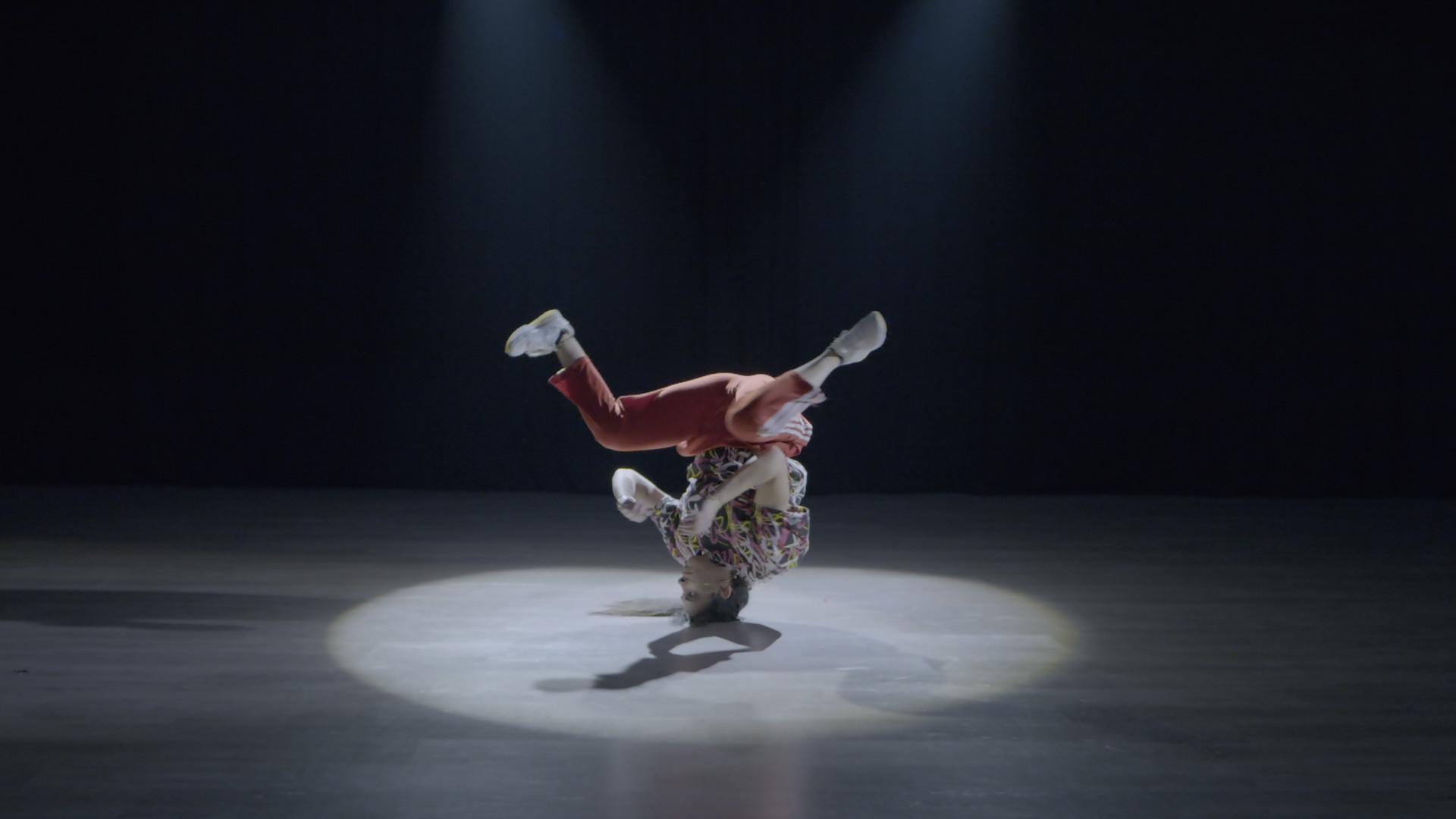
Petar Penev: What was the working process from the initial idea to the end result like?
Philip Rachid: The film definitely evolved a lot. It’s been a six-year process and is my love letter to hip hop. When I first set out to make It Ain’t Where You From, I envisioned it as a transmedia project, telling the story through film, live performance, music, spoken word, and dance. Mixing reality and fiction. The first thing I did was shoot a three-minute proof of concept called NO BODY. But just as we began, the pandemic hit. Many scenes abroad had to be directed remotely, but that didn’t stop me. Through multiple interviews and spending time in their spaces, it became clear this wasn’t just about music or dance. It was about identity, belonging, and building something from scratch in places where it wasn’t always accepted or recognized.
Petar Penev: How did you decide on how many and what performers to film?
Philip Rachid: It was very much a process of discovery. I didn’t set a fixed number or checklist. I followed the energy, the stories, and the authenticity of the voices I encountered. Some artists came through research, others through word of mouth, and many just by being present in the scenes as an artist myself. I was looking for people who weren’t just talented, but who were actively shaping what hip hop means in the Gulf through music, dance, graffiti, or community-building.
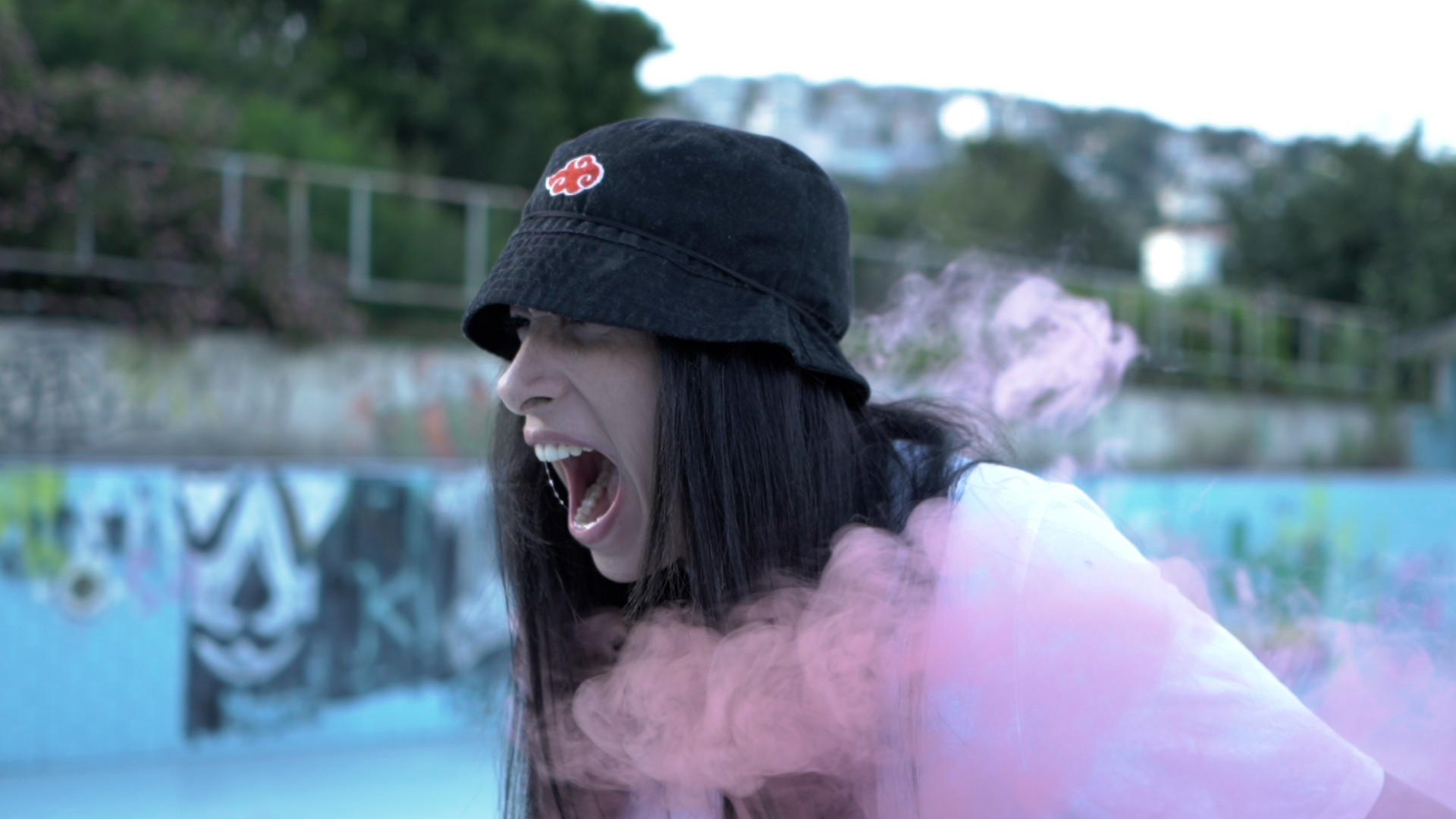
Petar Penev: With the audio recording in the beginning I got the feeling a deep love for arts is something that has been a part of you since childhood. What exactly was your journey from then until now?
Philip Rachid: Yeah, that love for the arts has always been there. It was almost like a survival instinct growing up. I was that kid making music, dancing, writing poetry,l anything to express what I couldn’t say out loud. Storytelling was my outlet, my way of making sense of the world. It started with me being the tambourine kid at age five in a Kurdish cultural music group called Awara. We toured around the Benelux. That energy, people dancing, the sense of community, I’ll never forget it. I didn’t grow up with my parents in Amsterdam but with my grandmother, who worked at Kino Vlaikova in Sofia, Bulgaria. She’d take me with her while babysitting, and my cousins and I would watch movies all day on the big screen. Later, as a Kurdish-Bulgarian boy growing up in the Netherlands, I was looking for my place in society. As an outcast, I felt connected to hip hop, the voice of the unheard. That connection eventually led me to become the first actor with a lead role in the Netherlands with a Middle Eastern look, back in the late 1990s. So, I didn’t have a straight-line plan to become a filmmaker. It was more about following that creative fire wherever it led. And it kept leading me back to the same thing: real people, real stories, and the power of art to connect us across borders and backgrounds.
Interviewer: Petar Penev
Editor: Martin Kudlac





